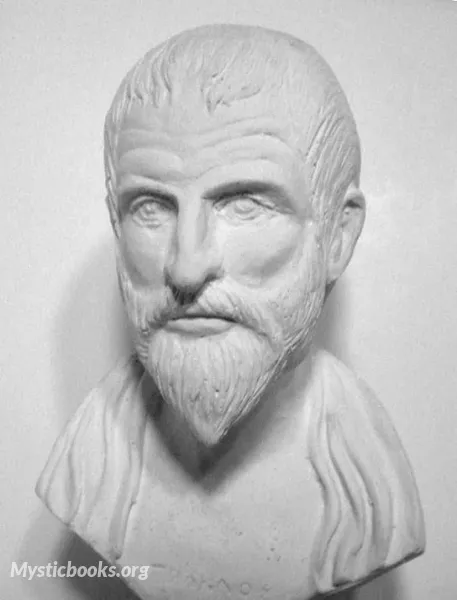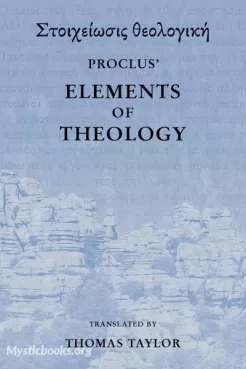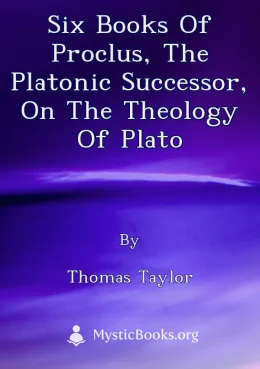
Timeline
Title
Country/Nationality
Proclus
Proclus, a prominent figure in the history of philosophy, left an indelible mark on the development of Neoplatonism. With his profound principles and notable works, Proclus emerged as a distinguished philosopher during the late ancient period. This essay explores the life, principles, and achievements of Proclus, shedding light on his philosophy and his lasting legacy.
Proclus, also known as Proclus Diadochus, was a Greek philosopher born in Constantinople (present-day Istanbul) around 412 AD. He was a dedicated disciple of Platonism and became one of the most influential philosophers of his time. Proclus received an extensive education in various fields, including mathematics, philosophy, and astronomy, before delving into the world of metaphysics and Neoplatonism.
Proclus' philosophical framework was deeply rooted in Neoplatonism, a school of thought that aimed to reconcile the teachings of Plato with later Hellenistic and Aristotelian philosophies. He embraced the idea of the One as the ultimate reality, which encompasses all aspects of existence. Proclus believed that the universe is hierarchically structured, with multiple levels of reality emanating from the One.
Proclus further developed the notion of the "henads," which are divine beings or individual essences representing specific aspects of existence. These henads act as intermediaries between the One and the material world, playing a crucial role in the emanation of the cosmos.
Another essential aspect of Proclus' philosophy is the idea of theurgy, a spiritual practice aiming to unite the soul with the divine. He considered theurgy as a means of achieving spiritual ascent and communion with the divine realms.
Proclus' impact on the history of philosophy cannot be overstated. His works played a pivotal role in shaping the development of Neoplatonism and influenced subsequent philosophical and theological traditions. Despite facing criticism from some later philosophers, Proclus' teachings continued to inspire scholars throughout the Middle Ages and the Renaissance.
Proclus passed away in Athens in 485 AD, leaving behind a remarkable philosophical legacy. His contributions to metaphysics, theology, and cosmology continue to be studied and analyzed by contemporary philosophers and scholars. Proclus' emphasis on the importance of the One, the hierarchical structure of reality, and the practice of theurgy remains relevant and influential in the realm of metaphysical and mystical philosophies.
Proclus, the eminent philosopher of late antiquity, played a pivotal role in advancing Neoplatonism and shaping the course of Western philosophy. His principles, as exemplified by the hierarchical nature of the cosmos and the practice of theurgy, and his extensive works, such as "The Elements of Theology" and "The Platonic Theology," continue to be sources of inspiration for scholars and philosophers alike. Proclus' philosophical legacy stands as a testament to his profound intellect and enduring influence on the history of ideas.
Books by Proclus

Elements of Theology
Considered one of the most influential works in ancient theology, this book presents a comprehensive exploration of metaphysics, cosmology, and the divine. Proclus takes readers on a captivating journey, unveiling the fundamental principles of exist...

Six Books of Proclus, the Platonic Successor, on the Theology of Plato
This book is a translation of Proclus's seminal work, "The Theology of Plato." Proclus, a 5th-century Neoplatonist philosopher, aimed to present a systematic exposition of Plato's teachings on the divine and the structure of reality. The work explore...